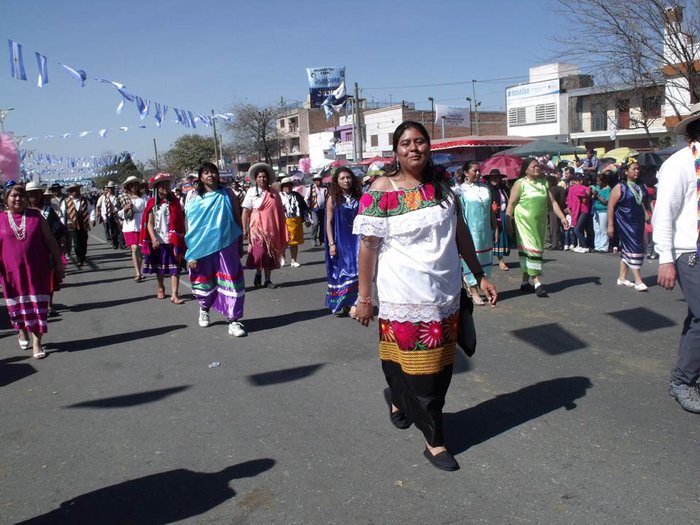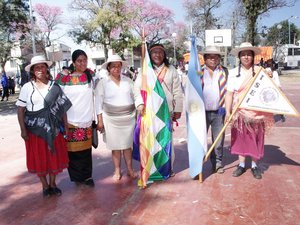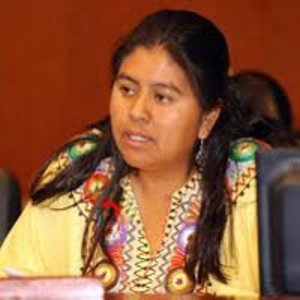
Natalia Sarapura is described as friendly, consistent and effective in the public eye. She is an indigenous Argentinian and developer of a unique development programme in which land acquisition, education and improvement of living conditions play a central role.
With great perseverance and peace, she campaigns for the Indian population in her country. Natalia Sarapura was born in 1975 and belongs to the indigenous Kolla people in northwestern Argentina. At the early age of 20 she began campaigning politically for her people. The themes at the heart of her work include equality among people, land rights, education and cultural identity. Natalia Sarapura is considered as the spearhead of the women’s movement in Northern Argentina and, what is more, she is also the president of the Council of Indigenous Organizations from Jujuy (COAJ), a province in the Andes plateau. Here she represents over 200 indigenous communities with a total population of 65,000 people.

The unique "three step plan for fundamental development of the indigenous villages and people" designed by Natalia Sarapura has enjoyed international acclaim. In step 1, which lasted from 2000 until 2008, the activist campaigned for the rights of the indigenous people to collective land ownership. The shared ownership of land has been an important part of the Kolla identity for thousands of years. Until the communities were awarded the right to land in 1995, the state governed over indigenous territory, and sold large parts of it to owners of large estates and international mining companies. The new owners defended themselves with armed security forces against the peaceful struggle for land rights. Natalia Sarapura and her colleagues defended themselves with peaceful demonstrations, lobbying and petitions and were successful. Today, the land of 50 communities is officially recognized and 180 communes are in the process of gaining a collective land title.

The second step of the development plan lasts until 2013. A three year vocational training for indigenous community development, aims to provide qualifications and strengthen self-confidence. To date, 200 men and women have received a diploma as development aid workers. Due to this qualification, there are even indigenous skilled workers in remote villages. Now step 3 can begin, which involves improving the food situation and living conditions in indigenous communities. Respect towards nature plays a central role here as the protection of the earth and respect for Pachamama – mother earth – are issues very close to Natalia Sarapura's heart.